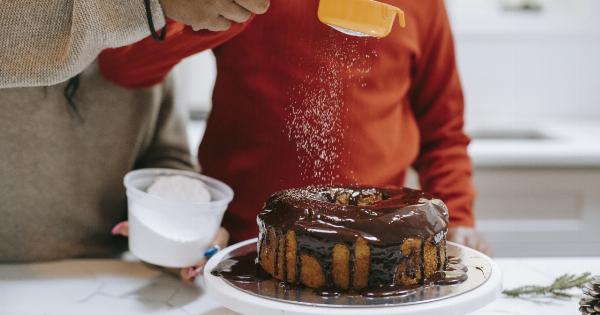Christmas is a time for celebration, joy, and indulgence in delectable feasts. One centerpiece that graces most holiday tables is the beloved Christmas turkey.
However, it’s important to remember that improper handling and cooking of the turkey can lead to foodborne illnesses that could ruin your festive season.
1. Not Thawing the Turkey Properly
Thawing the turkey is a crucial step in preparing it for cooking. Many people often make the mistake of leaving the turkey on the counter to thaw, allowing harmful bacteria to multiply rapidly. To avoid this, always thaw your turkey in the refrigerator.
Plan ahead and allow 24 hours of thawing time for every four to five pounds of turkey weight. This method ensures a slow and safe thawing process.
2. Stuffing the Turkey Incorrectly
Stuffing a turkey adds flavor and moisture to the meat, but it can also be a breeding ground for bacteria if not done correctly. Stuffing that is not cooked to the recommended internal temperature of 165°F can harbor harmful pathogens.
To prevent this, it is recommended to cook the stuffing separately in a casserole dish. If you insist on stuffing the turkey, ensure that you stuff it just before roasting and remove all stuffing immediately after cooking to prevent bacterial growth.
3. Undercooking the Turkey
Undercooking the Christmas turkey can be a grave mistake. Consuming undercooked poultry can lead to salmonella or other bacterial infections. To ensure the turkey is safe to eat, always use a food thermometer to check the internal temperature.
The thickest part of the turkey, whether it’s the breast, thigh, or wing, should reach a minimum temperature of 165°F (74°C). Insert the thermometer into the thickest part of the meat without touching the bone for an accurate reading.
4. Improperly Storing Leftovers
After a scrumptious Christmas meal, leftovers are often expected. However, if not stored properly, those leftovers can become a breeding ground for foodborne bacteria. To prevent this, refrigerate any leftover turkey within two hours of serving.
Divide it into smaller portions and store them in airtight containers to maintain freshness. Leftovers should be consumed within three to four days or frozen for longer storage.
Conclusion
Christmas is a time to cherish moments with loved ones, and ensuring their safety should be a top priority.
By avoiding these four common errors – improper thawing, incorrect stuffing, undercooking, and improper storage of leftovers – you can protect your family from falling ill due to a poisonous Christmas turkey. Remember, always prioritize food safety during the holiday season and enjoy a delicious and safe festive feast!.




























